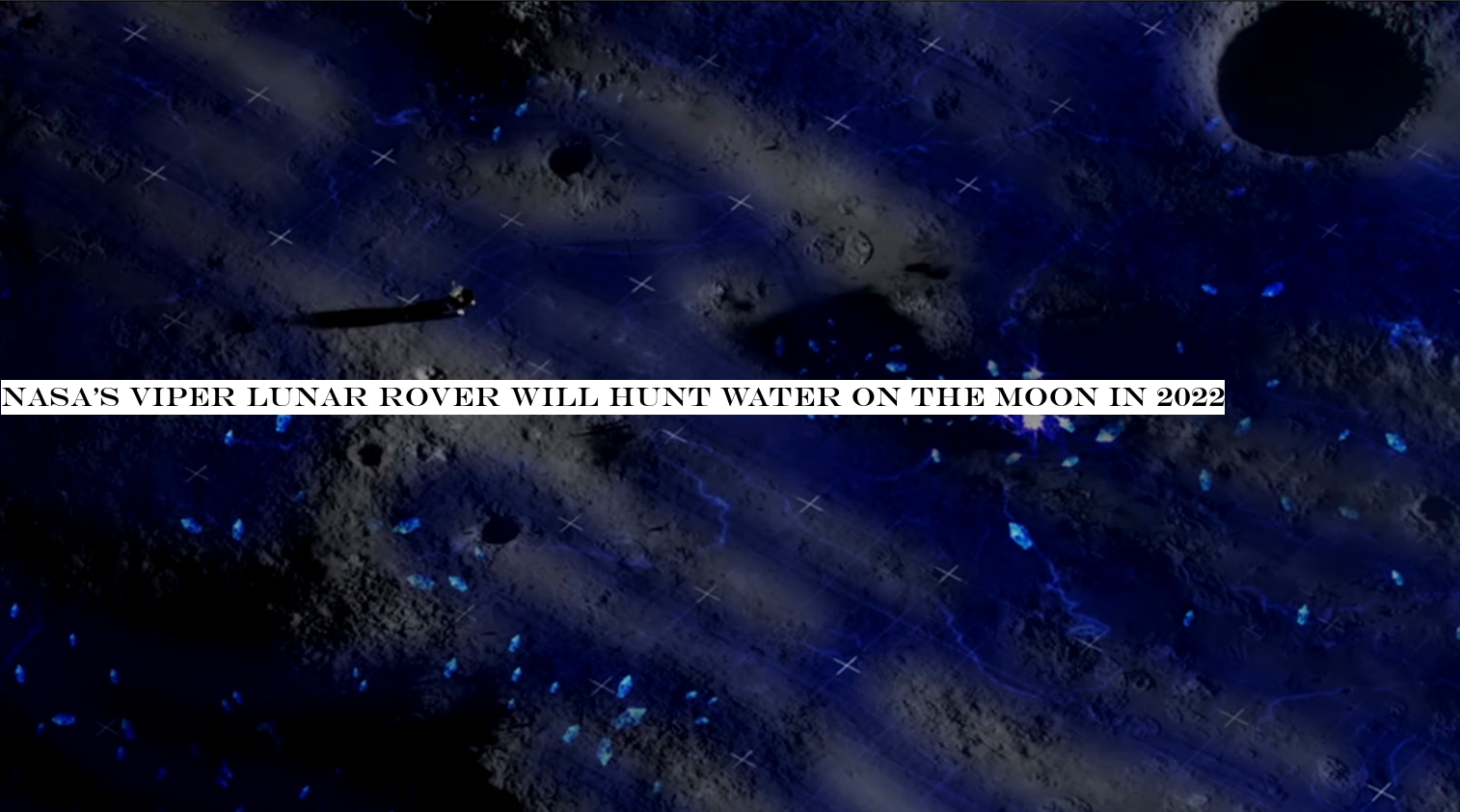INSUBCONTINENT EXCLUSIVE:
NASA is looking for liquid gold on the Moon — not oil, but plain-old water
If we&re going to have a permanent presence there, we&ll need it, so learning as much as we can about it is crucial
That why the agency is sending a rover called VIPER to the Moon south pole — its first long-term surface mission since 1972.
VIPER, or the
Volatiles Investigating Polar Exploration Rover, will touch down in December 2022 if all goes according to plan
Its mission: directly observe and quantify the presence of water in the permanently shadowed polar regions.
These perennially dark areas of
the Moon have been collecting water ice for millions of years, since there no sunlight to melt or vaporize it
NASA already confirmed the presence of water ice by crashing a probe into the general area, but that a bit crude, isn&t it? Better to send a
robot in to take some precise measurements.
VIPER will be about the size of a golf cart, and will be equipped with what amounts to
Its Neutron Spectrometer System (mentioned yesterday by NASA Administrator Jim Bridenstine ahead of this announcement) will let the rover
detect water beneath the surface.
NASA Administrator Jim Bridenstine explains how startups can help with Artemis Moon missions
When it
over a water deposit, VIPER will deploy… The Regolith and Ice Drill for Exploring New Terrain, or TRIDENT
Definitely the best acronym I&ve encountered this week
TRIDENT is a meter-long drill that will bring up samples for analysis by the rover two other instruments, a pair of spectrometers that will
evaluate the contents of the soil.
By doing this systematically over a large area, the team hopes to create a map of water deposits below
the surface that can be analyzed for larger patterns — perhaps leading to a more systematic understanding of our favorite substance
presence on the Moon.
A visualization of Moon-based water ice under the surface being mapped by the VIPER rover
The rover is currently in
development, as you can see from the pictures at the top — the right image is its &mobility testbed,& which as you might guess lets the
team test out how it will get around.
VIPER is a limited-time mission; operating at the poles means there no sunlight to harvest with solar
panels, so the rover will carry all the power it needs to last about a hundred days there
has spent on the Moon surface in a long time — although China has for the last few years been actively deploying rovers all over the
place.
Interestingly, the rover is planned for deployment via a Commercial Lunar Payload Services contract, meaning one of these companies
may be building the lander that takes it from orbit to the surface
Expect to hear more as we get closer to launch.
NASA calls for more companies to join its commercial lunar lander program

